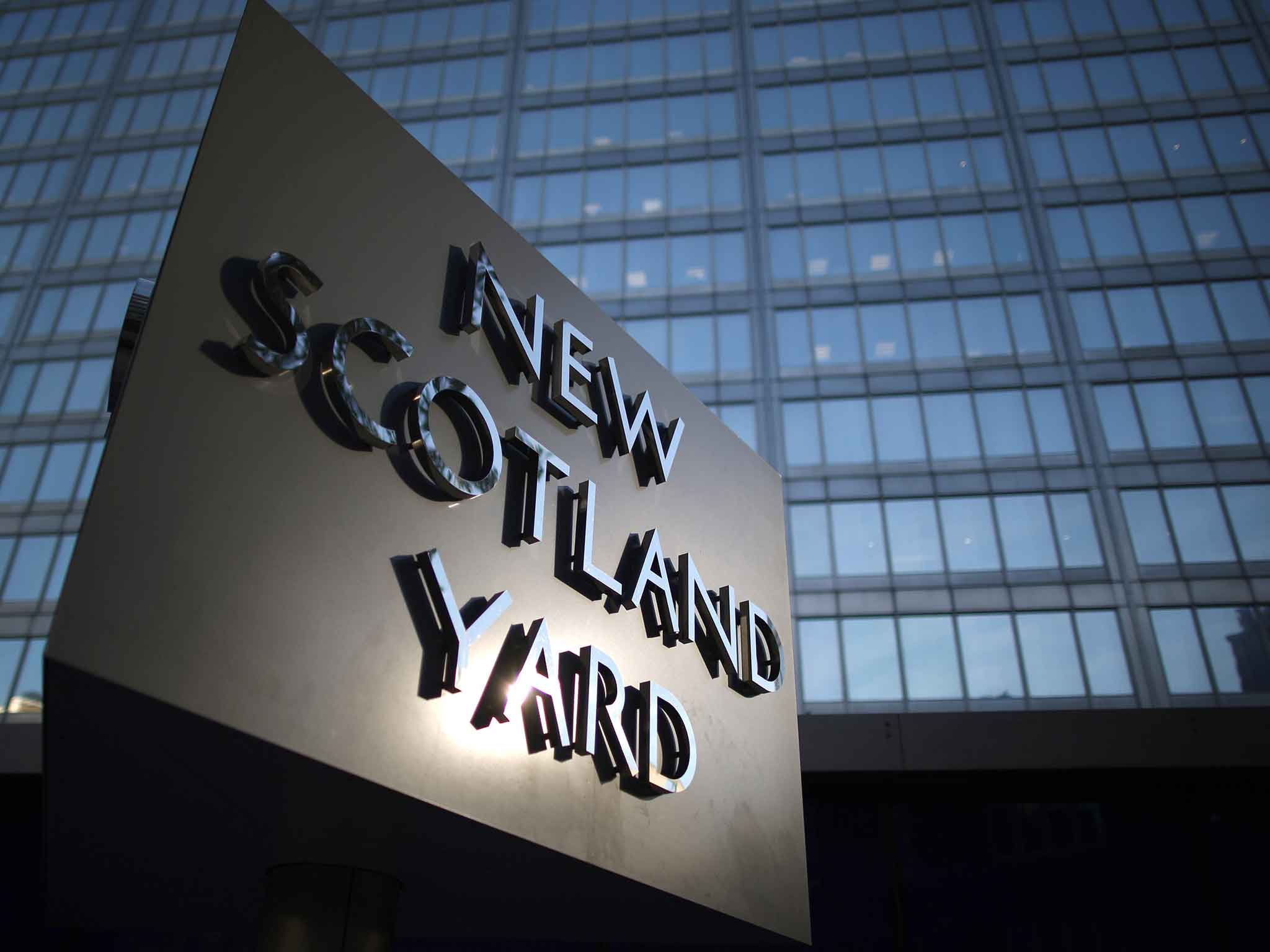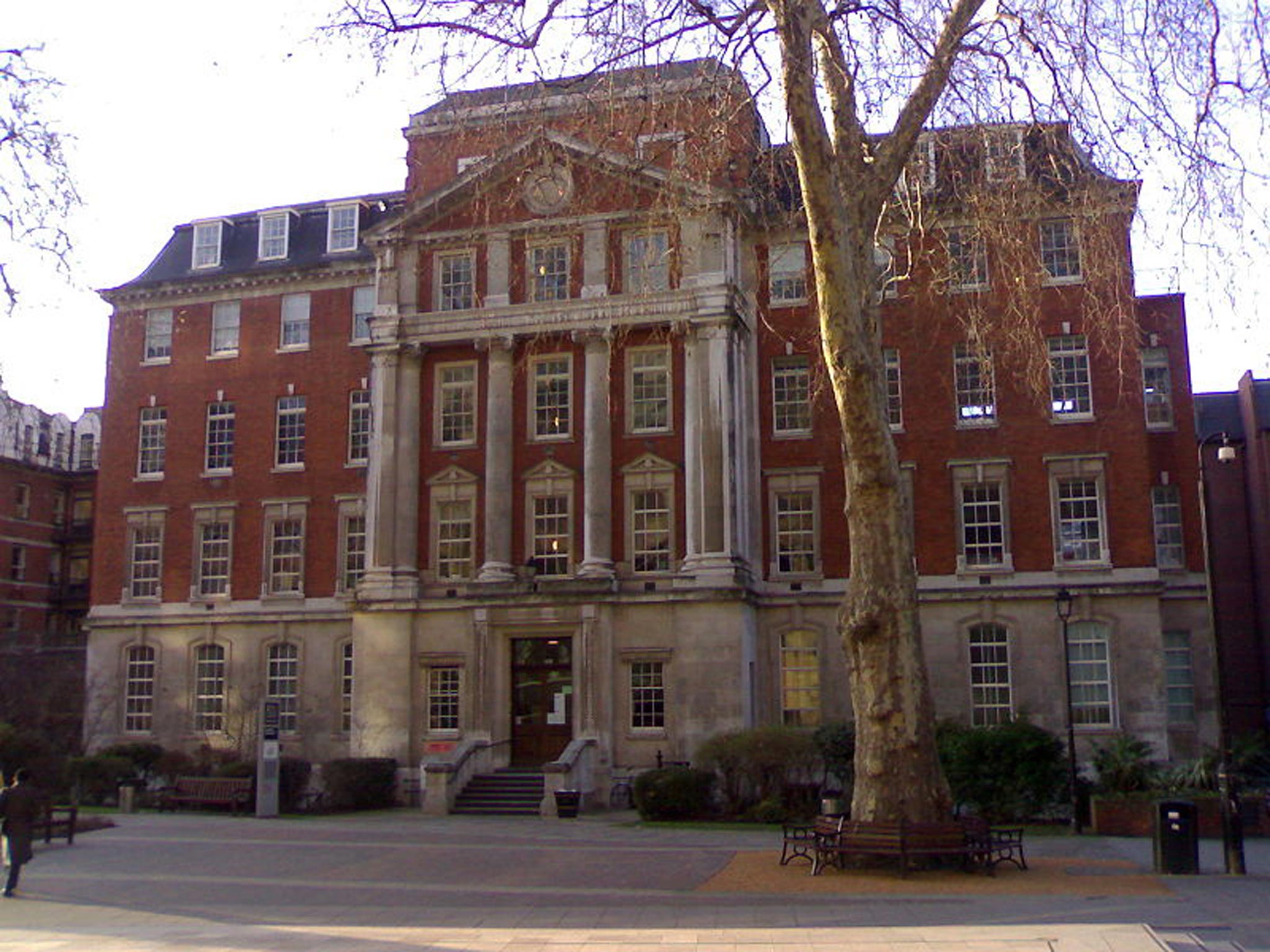Police use anti-terrorism laws to seize video material from King’s College, London
Scotland Yard’s Counter Terrorism Command went to court to obtain an order under the Terrorism Act 2000 after the university declined to hand over a video

Police have used anti-terrorist laws to seize video material from one of Britain’s most hallowed academic institutions, it has been revealed.
Scotland Yard’s Counter Terrorism Command (SO15) went to court to obtain an order under the Terrorism Act 2000 after King’s College, London, declined to hand over a video which was stored in its International Centre for the Study of Radicalisation (ICSR).
The renowned centre has built an extensive database on Western jihadis, although the video sought by police had been obtained from an open source online.
The news comes after The Independentrevealed this week that police had used the Terrorism Act to seize the laptop of BBC Newsnight journalist Secunder Kermani, who has built a reputation for interviewing Western jihadis.

That action by the South East Counter Terrorism Unit, which represents the Thames Valley, Hampshire, Surrey, Sussex and Kent forces, drew claims from freedom of speech campaigners that terror legislation was being wrongly used and that the police approach would have a “chilling effect” on the media’s attempts to report on radicals and their motivations.
The news that academics are also being targeted will alarm universities and other research institutions. Academics seeking contact with radicals are also potential targets. “The freedom to study and investigate is a core academic freedom that can help societies understand – and challenge – issues that sometimes threaten them. As such academic freedom is a basic tenet of democracy,” said Stephen Khan, editor of The Conversation, a website for academic research. “We would be extremely concerned if anti-terror legislation was used in a way that ultimately curtailed or limited the work academics do.”
Unlike other pieces of legislation such as the Regulation of Investigatory Powers (RIPA) act, orders sought under the Terrorism Act are very difficult to oppose using the public interest defence under the Human Rights Act.
In a statement, King’s College said: “King's College London was contacted by the Metropolitan Police Counter-Terrorism Command (SO15) earlier this year in relation to material stored within a database at the International Centre for the Study of Radicalisation (ICSR).
“Police requested the release of one video, self-published by fighters in Syria, which ICSR had captured from publically available open source social media platforms. The video was later deleted from the platform. This request was denied by King's, on the grounds it could have been obtained directly from the platform provider.
“In July, the police were then granted a court order under the Terrorism Act, compelling King’s to release this video.
“No request has ever been made of ICSR to access private communications between them and individuals in Syria or elsewhere.”